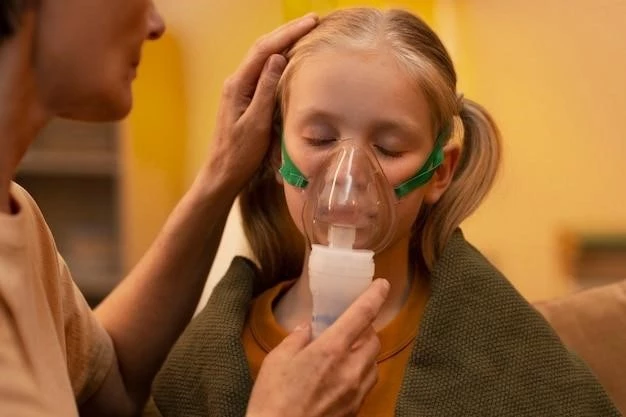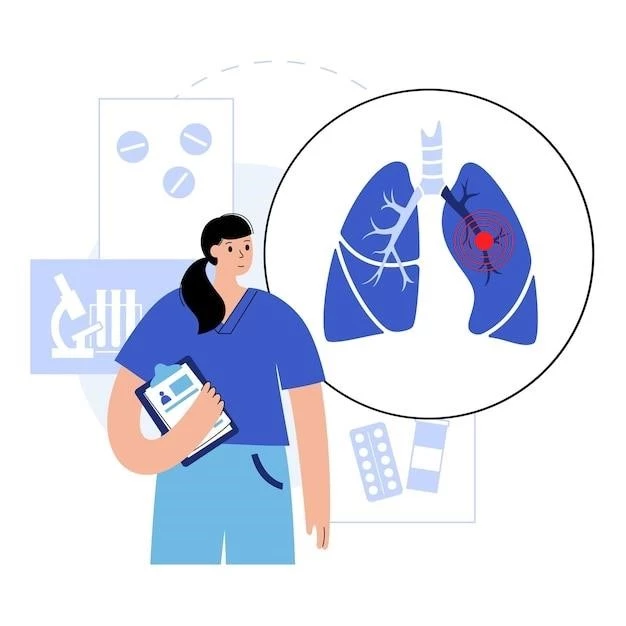Identifying Symptoms and Effective Treatments
Common Symptoms of Asthma
Common symptoms of asthma include wheezing, shortness of breath, chest tightness, and coughing. These can vary in intensity from person to person and may worsen during physical activity or at night.
Treatment Options for Asthma
Treatment options for asthma typically include long-term control medications to manage inflammation and prevent symptoms, as well as quick-relief medications for immediate symptom relief during asthma attacks. In severe cases, biologic therapies and immunotherapy may be considered.
Identifying Common Asthma Attack Triggers
Environmental Triggers
Common environmental triggers for asthma attacks include air pollution, pollen, dust mites, mold, pet dander, and tobacco smoke. Identifying and minimizing exposure to these triggers can help manage asthma symptoms.
Lifestyle Triggers
Lifestyle triggers for asthma attacks can include exposure to smoke, strong odors, cold air, stress, and certain medications. Avoiding these triggers and adopting healthy lifestyle habits can help reduce the risk of asthma flare-ups.
Guidelines for Children’s Asthma Care
Diagnosing Asthma in Children
Diagnosing asthma in children may involve a physical exam, lung function tests, and allergy tests. It’s crucial to monitor symptoms and work closely with healthcare providers for an accurate diagnosis.
Treatment Approaches for Children
Common treatment approaches for children with asthma include using inhalers, medications like corticosteroids, and avoiding triggers. Regular monitoring, proper education, and support from healthcare providers are essential for managing childhood asthma effectively.
Allergic Asthma⁚ Causes and Treatment Options
Understanding Allergic Asthma
Allergic asthma is triggered by allergens like pollen, pet dander, and dust mites. Immunoglobulin E plays a key role in allergic reactions that lead to asthma symptoms. Effective management involves identifying and avoiding triggers.
Treating Allergies to Improve Asthma
Managing allergies can help improve asthma symptoms. Allergy treatments may include allergen avoidance, medications like antihistamines, nasal sprays, and allergy shots (immunotherapy). Working with healthcare providers is vital for comprehensive care.
Herbal Remedies and Lifestyle Changes
Herbal Remedies
Herbal remedies like eucalyptus oil, ginger, and turmeric may help manage asthma symptoms. Always consult with a healthcare provider before trying herbal treatments to ensure they are safe and effective.
Lifestyle Changes
Implementing lifestyle changes such as regular exercise, maintaining a healthy weight, reducing stress, improving indoor air quality, and avoiding tobacco smoke can help manage asthma symptoms and improve overall respiratory health.
Types of Asthma Medications
Common types of asthma medications include inhaled corticosteroids, bronchodilators, leukotriene modifiers, mast cell stabilizers, and oral corticosteroids. Each medication serves a specific purpose in managing asthma symptoms and should be used as prescribed by healthcare providers.
Using Asthma Medications Safely
It’s crucial to follow healthcare providers’ instructions when using asthma medications. Proper inhaler technique, knowing when to use each type of medication, and understanding potential side effects are essential for safe and effective asthma management.
Creating Healthy Home Environments
Creating an Asthma-Friendly Home
To create an asthma-friendly home, consider using allergen-proof covers for bedding, maintaining cleanliness to reduce dust, controlling humidity levels, and avoiding tobacco smoke exposure indoors. These measures can help minimize asthma triggers at home.

Healthy Habits to Reduce Flare-ups
Implementing healthy habits like regular exercise, maintaining a balanced diet, staying hydrated, getting enough rest, managing stress, and avoiding respiratory irritants can help reduce asthma flare-ups and improve overall respiratory health.
Creating Effective Asthma Plans
Components of an Asthma Action Plan
An asthma action plan typically includes personalized instructions on daily asthma management, identifying triggers, recognizing symptoms, using medications, and knowing when to seek emergency care. This plan empowers individuals to effectively manage their asthma and prevent flare-ups.
Working with Healthcare Providers
Collaborating with healthcare providers, including allergists and pulmonologists, is essential for effective asthma management. Regular check-ups, monitoring lung function, discussing treatment options, and addressing any concerns are important aspects of working together to control asthma.
